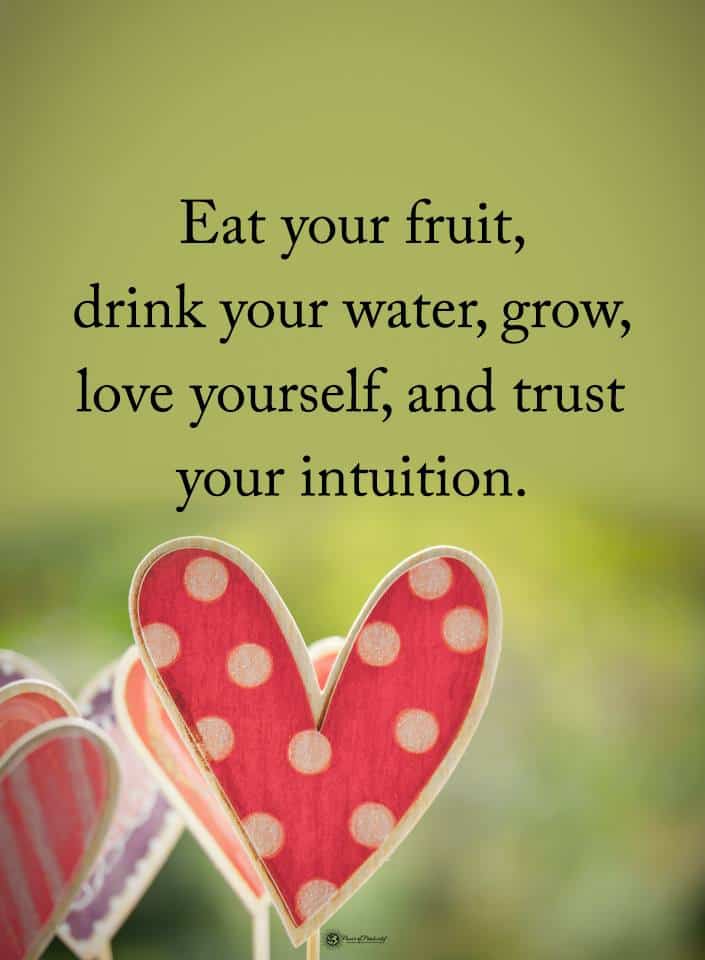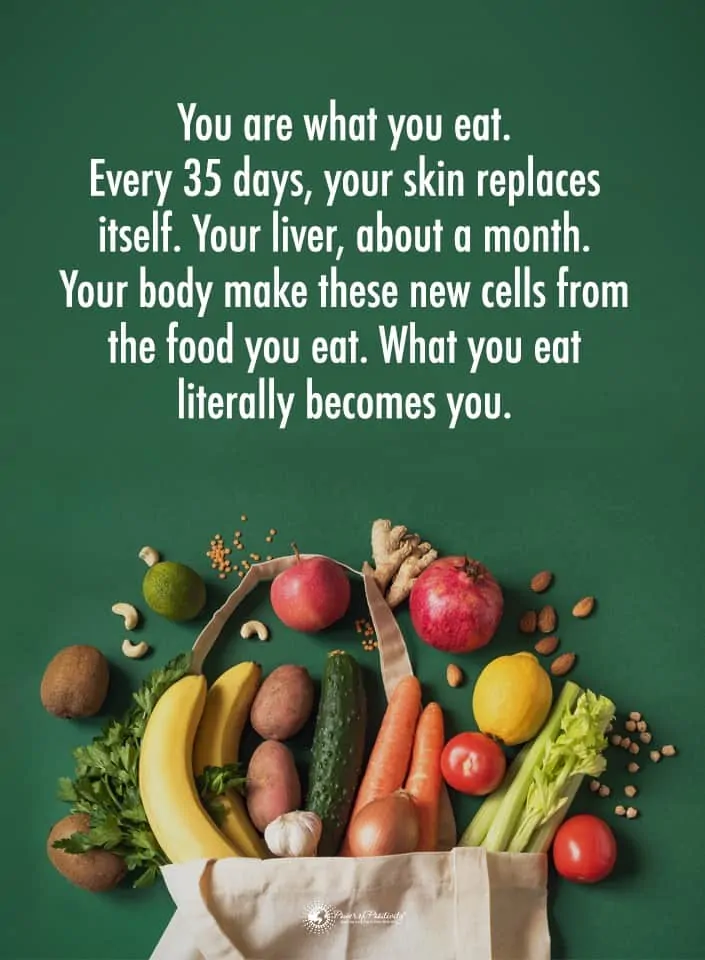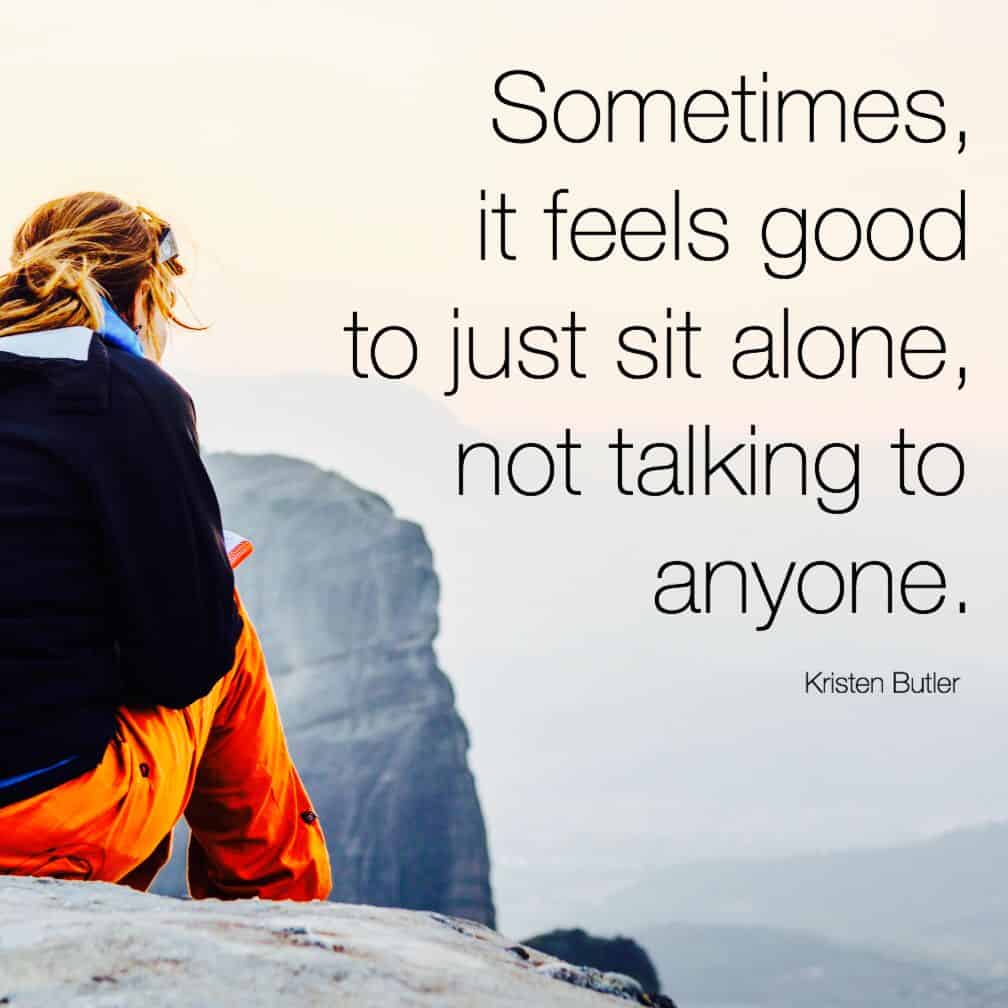The thyroid gland is one that not many people pay particular attention to. The brain, lungs, heart, liver, and other vital organs generally demand more concern. However, this gland is enormously important to our health, until we develop a thyroid disorder
The gland is no longer than 2 inches and is located in the front of the throat, slightly below Adam’s apple. It consists of two sides (lobes) that lie on both sides of the windpipe, connected by a strip of tissue called the isthmus. The thyroid produces two primary hormones: triiodothyronine (T3) and thyroxine (T4). When either hormone levels are too high or too low, adverse health conditions can surface.
So, what does the thyroid do exactly? Well, many different things. The butterfly-shaped thyroid gland plays essential roles in breathing, body weight, muscle strength, central and peripheral nervous systems, body temperature, cholesterol levels, heart rate, menstrual cycles, etc.
Since the symptoms of a thyroid disorder can be inconspicuous, it is sometimes necessary to check its hormonal levels through tests available at most health clinics. That said, there are sure signs that can indicate a thyroid disorder.
Ten Signs You Might Have a Thyroid Disorder
1. Fatigue
Fatigue is a symptom that generally encompasses feelings of tiredness and exhaustion. Hypothyroidism – low levels of hormones in the blood – may be a potential cause of fatigue. Consistent feelings of tiredness are often diagnosed as symptoms of chronic fatigue, which may also be a symptom of a thyroid disorder. In other cases, fatigue as a symptom may be quite subtle in nature.
2. Weight gain
A sudden, unexplainable gain in weight can be a telltale sign of a thyroid condition. Generally, weight gain is the byproduct of low levels of hormones (hypothyroidism). Conversely, elevated levels of thyroid hormone, called hyperthyroidism, may cause unanticipated periods of weight loss. Of the two disorders, hypothyroidism is far more common.
3. Irregular heart rate
As mentioned, thyroid hormones affect several vital organs. When thyroid hormone levels are too low, this may cause the heart to beat too slow. When hormonal levels are elevated, the heart rate may become uncharacteristically fast. As a result, one’s blood pressure levels often become erratic. Sometimes, alterations in heart rate create noticeable sensations, such as a pounding heart or heart palpitations.
4. Swelling of the neck
Contrary to most signs of a thyroid disorder, neck swelling is often a very noticeable symptom. This is one particular sign that demands immediate attention, as it may be the result of cancer or nodules, small lumps that grow within the thyroid. Of course, other conditions exist that may be responsible for swelling of the neck.
5. Depression
Surprisingly, depression may be one sign of a disorder. The reason is that hypothyroidism can impact levels of the brain’s “feel-good” chemical, serotonin. Also, low levels of thyroid hormone can trigger other areas of the body to decrease activity, which may indirectly impact overall mood.
6. Anxiety or jitteriness
This is one sign that may be due to hyperthyroidism – when this gland produces an excessive hormone level. When this occurs, our metabolism and other parts of the body may become hyperactive, creating feelings of anxiety or general “jitteriness.”
7. Brain fog may reveal thyroid disorder
When functionality diminishes, a cognitive ability often does as well. Hyperthyroidism often makes it difficult to concentrate, while hypothyroidism may create memory lapses and decreased awareness. Notably, some women had attributed such signs to menopause when the root cause was a thyroid condition.
8. Decreased sex drive
This sign can be a standalone or a cumulative symptom. Low libido can directly result from hypothyroidism. But other signs – low energy, body aches, weight gain – caused by hypothyroidism may also be to blame.
9. Dry skin
In addition to neck swelling, dry skin may be another noticeable sign of a disorder. Hypothyroidism often slows metabolism, which can initiate skin texture and appearance changes. Further, an inactive metabolism often reduces sweating, limiting the amount of skin moisture, causing flakiness or dryness. Also, nails may become brittle as well.
10. Irregular digestion
Those with hypothyroidism often complain of constipation, a likely result of decreased digestive activity from lowered hormonal production. On the flip side, hyperthyroidism or an overactive thyroid may result in bouts of diarrhea or more frequent bowel movements.
How Can You Prevent Thyroid Disorder?
Approximately 1 out of every 20 Americans twelve years of age and older has an underactive thyroid. A smaller number have an overactive thyroid. About 1 in every 100 people have a thyroid condition called hyperthyroid. Women are at a greater risk of this disease. If you have any family history of similar disorders, it also increases your risk.
1. Stop smoking
Smoking puts you at a greater risk for many diseases. So it’s no surprise that nicotine can decrease your iodine levels which affect your thyroid function correctly. Smoking also causes your thyroid hormones to become inactive.
2. Avoid too much alcohol
Heavy alcohol use reduces your hormones T3 and T4. Drinking too much alcohol is associated with risk and is the world’s 3rd most significant risk factor for disease, causing 60 diseases and contributing to at least 200 others.
3. Get screened regularly
Getting regular checks up is vital to prevent glandular disorders. If you have a family history of this disease, be sure to mention this to your doctor. They can do regular blood tests to monitor your hormonal function.
4. Eat fewer soy products
Another preventative measure you can take to avoid thyroid disorders is to eat less soy. Soy contains isoflavone links to disorders such as hypothyroidism and goiter.
5. Protect your thyroid gland during x-rays
When you get an x-ray, ask for a thyroid collar to safeguard your thyroid gland from radiation. This collar fits around your neck to keep exposure to a minimum.
6. Increase your selenium
Selenium plays a vital role in sustaining the health of your organs. It helps your thyroid produce enough hormones. Selenium deficiency affects your thyroid, causing
- Hypothyroidism
- Grave’s disease
- Thyroid cancer
- Goiter
- Hashimoto’s disease
You need selenium in your body to synthesize iodine properly into thyroid hormones. Add these selenium-rich foods to your diet to help prevent a thyroid disorder
- Brazil nuts
- Fish
- Ham
- Oatmeal
- Leafy greens
- Milk and yogurt
- Lentils
- Cashews
- Brown rice
- Bananas
7. Avoid extreme diets to avoid thyroid disorder
Extreme diets may help you drop a few pounds, but they’re hard on your overall wellness. Extreme diets that restrict calories also reduce your T3 levels. T3 is the active thyroid hormone that speeds up your metabolism. Starvation diets cause your body to convert as much as 50% of your hormones into metabolic waste. These diets also cause a spike in cortisol. Diets that have you eating from one food group stress your thyroid. For instance, a ketogenic diet reduces the number of carbohydrates you eat, lowering your thyroid hormone levels.
8. Use iodized salt
The trend to use special salts from the Himalayan mountains seems attractive and healthy, but good old table salt is best for a healthy thyroid. This is because regular table salt contains iodine. Iodine is an essential mineral. Your thyroid gland uses it to produce hormones to help control your growth, support your metabolism, and repair your damaged cells. You can also get iodine from eating fish and dairy products.
9. Reduce your stress
Stress can trigger thyroid disease. If you’re under a lot of pressure, your body releases extra cortisol into your body. Too much cortisol harms it. It overworks your thyroid gland to produce hormones and leads to an imbalance in your thyroid.
10. Avoid processed food
Processed foods contain many bad fats, sugar, and chemicals. These affect your health and can lead to a thyroid disorder over time. These foods also contain a lot of sodium, which isn’t good for your glandular health.
What Foods Can Help Avoid Thyroid Disorder?
Certain foods improve this gland’s function and protect it from disease. The foods you should add to your diet include the following:
- Seaweed-Kelp contains natural iodine. This is beneficial to your thyroid function. You can eat seaweed in sushi or packaged seaweed snacks.
- Nuts-Eating salted nuts such as hazelnuts, Brazil nuts, or macadamia nuts are all excellent sources of selenium that support your thyroid.
- Fish-Fish is high in Omega-3 fatty acids and selenium, both of which help your thyroid function well.
- Dairy-Your body needs iodine to work properly. Dairy foods like yogurt, milk, and ice cream contain iodine.
- Eggs-Eggs are rich in selenium and iodine, which help your thyroid gland work properly.











